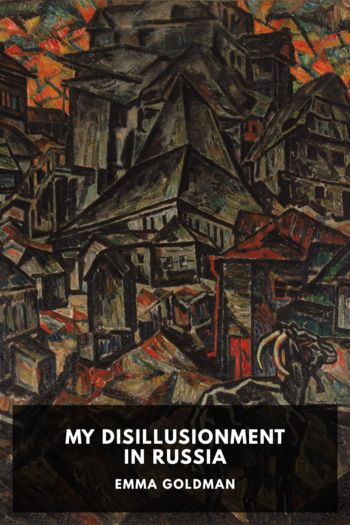Monkey Boy Francisco Goldman (best ereader for students .txt) 📖

- Author: Francisco Goldman
Book online «Monkey Boy Francisco Goldman (best ereader for students .txt) 📖». Author Francisco Goldman
Teddy Feinstein had been one of my father’s most devoted yard work acolytes. I never showed the least interest in the horticultural mastery behind that annual abundance that allowed Farmer Bert to give away flowers and vegetables from his garden to the neighborhood wives all summer long. Many of the neighborhood children adored my father, who’d mastered the friendly old guy role before he was even old, and every few years a new boy would replace a suddenly grown-too-old predecessor as his special yard pal. The new boy, like the one before him, rang the doorbell on weekend mornings, and whenever anyone other than my father answered, he’d ask: Can Mr. Goldberg come outside? Of all those boys, the one my father had an especially big influence on was Teddy Feinstein, who had a learning disability. His father, a hospital accountant, fretted over his son’s difficulties and what they portended without knowing what to do about it. But Bert got Teddy passionate about yard work, taught him about lawn care, trees, flowers, gardens, wormy loam piles, pesticides, and fertilizers, and eventually guided Teddy into going to a technical school instead of to our high school. Teddy, who I saw for the first time since he was a teenager at my father’s funeral four years ago, was the most openly grieving person there, his reddened eyes pouring hot liquid candle wax. He now owns, Lexi told me, one of the most successful landscaping companies in Boston’s western suburbs, his fleet of trucks filled with lawnmowers and Central Americans roaming from town to town.
I’m standing outside the radio studio-booth door after the interview, putting on my coat, when a young woman who works at the station comes walking rapidly toward me down the carpeted corridor, such an eager expression on her face that I automatically smile and get ready to sign a book, except she isn’t carrying a book, only a neatly folded piece of yellow paper that she’s holding out like a relay baton. When she reaches me she says, voice hardly above a whisper: Mr. Goldberg, a woman from Guatemala phoned and left her number. She says she lived with you when you were a boy and that it’s urgent you phone her. From the way the radio station employee has her eyes trained on my face, I can tell she’s curious to see my reaction to the name written on the piece of paper. This must happen at radio stations like this one all the time. A listener hears an old friend or lover or even the now-adult child she helped raise being interviewed and impulsively phones and leaves her name and number, believing, at least in the moment, that she really is eager to reestablish contact with this person from her distant past. But Feli has my telephone number and email, so why would she phone a radio station? Even before unfolding the note, I check my phone, but there’s no missed call from Feli or any email from her. Though there’s one from Marianne, she’s running an hour late. “No problem,” I thumb back. It must be Carlota Sánchez Motta—that causes a surge of excitement. I haven’t seen Carlota or heard from her since the summer before I left for college, when I was working on the Boston Tea Party ship.
I unfold the piece of yellow paper and written in pen is the name María Xum, above a phone number with a 617 area code. I must silently mouth: Wow, can you believe it, María Xum. The radio station employee’s smile widens. I put the piece of paper into my pocket. Her message is urgent. What could María urgently need to tell me now? Maybe it’s María Xum’s opinion that Guatemala needs a president like General Cara de Culo, with his law-and-order strong martial fist, and she wants to argue with me.
I signal to the bartender for a refill. When I came out of the station, I had over an hour to kill before meeting Marianne, so I ducked into this joint. On the TV over the bar, a local news report on high school hockey, the South of Boston tournament, a Catholic school team, the Coyle and Cassidy Warriors, in the finals, they’re from Taunton, the very town where Weetamoo’s decapitated head was put on display. It’s just a forty-minute drive from here down I-93, not far from Mamita’s nursing home and where Lexi lives. So many Massachusetts towns have old Native American names, as do bridges, state parks, rivers, beaches, and so on. There’s a King Philip High School, but even in the town where she was martyred there’s no Weetamoo High; instead there’s a school named for the small-time Boston gangster played by Robert Mitchum in the movie based on the novel, The Friends of Eddie Coyle, and Hopalong Cassidy, for some good reason, I’m sure.
Wonder what Marianne’s going to want to talk about after all these years. Besides Ian Brown, I mean. In reality, not much happened between us, hardly anything, during the short time in tenth grade we were close. Yet that very little was a lot. Does she remember our almost nightly telephone conversations, that last one especially? Later, when I beat





Comments (0)